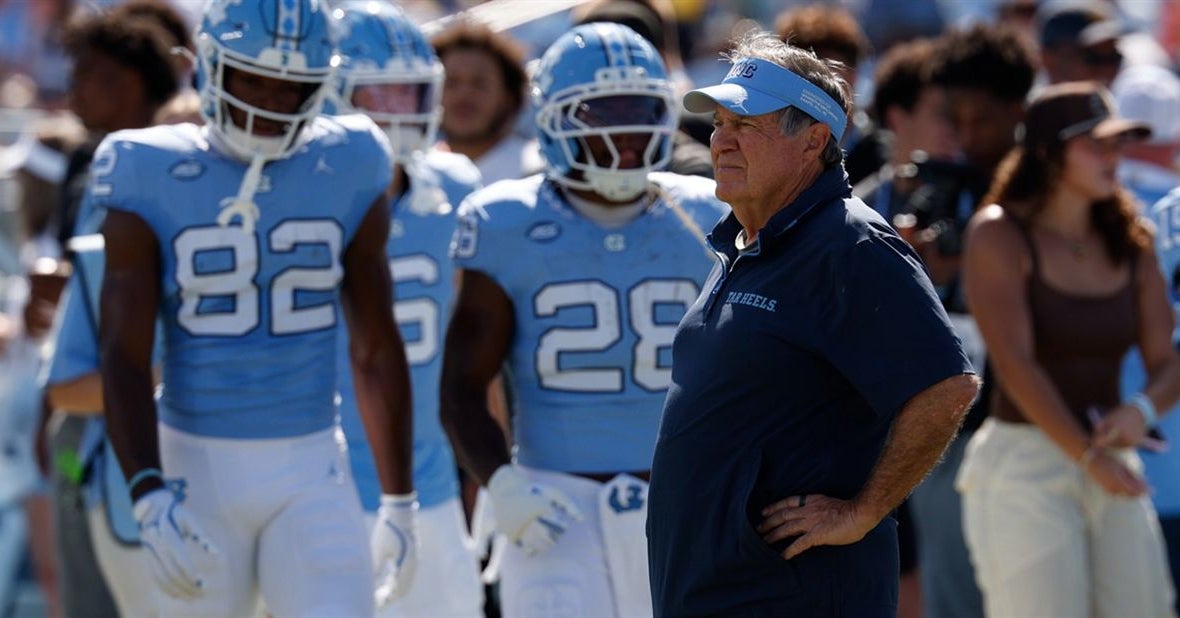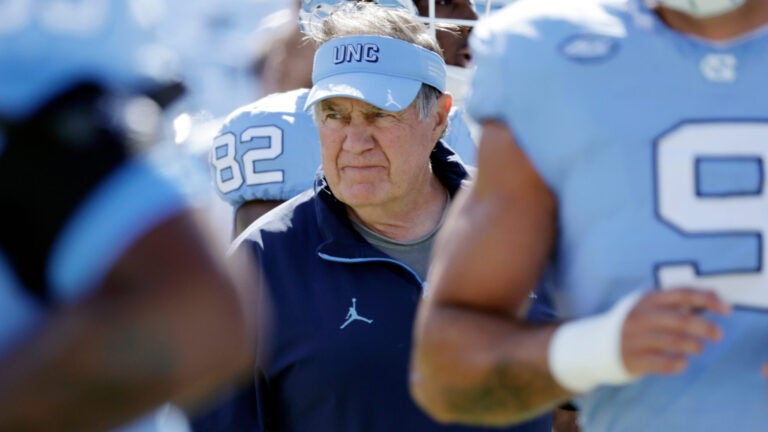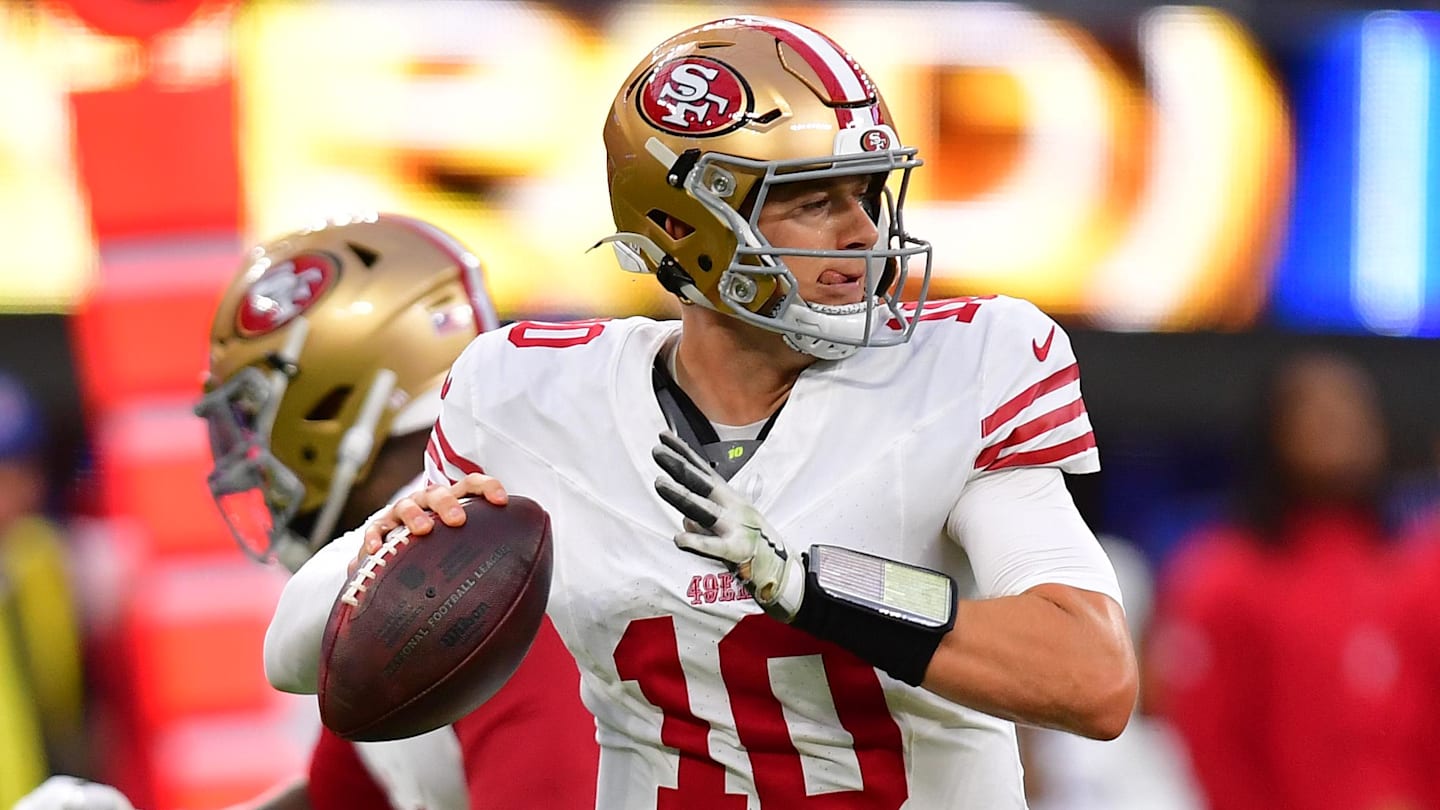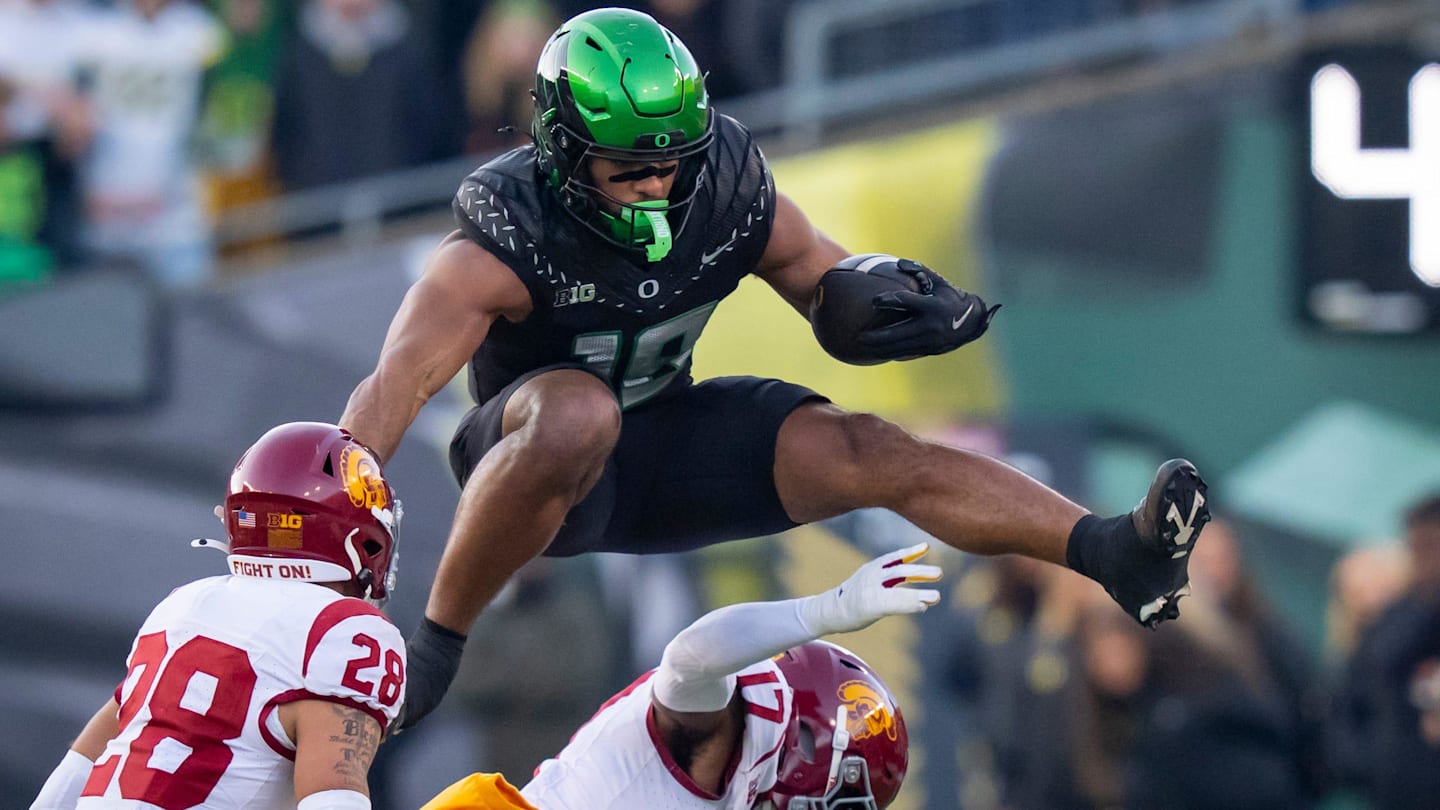Bill Belichick's Role at UNC Football

Bill Belichick's Role at UNC Football
Bill Belichick, renowned for his NFL success, began his tenure as head coach of the University of North Carolina football team in December 2024. Taking over after Mack Brown’s departure, Belichick brings a fresh and strategic approach to the program, aiming to rebuild UNC football with his hallmark discipline and innovation. His appointment marks a significant shift for the Tar Heels, signaling a commitment to elevate the team’s competitiveness in collegiate football.
Behind the Scenes: Job Security and Recruiting Concerns
Despite his legendary coaching resume, Belichick's job security at UNC is under close observation as the program adjusts to new leadership. Discussions within the athletic department emphasize the importance of aligning with NCAA regulations, particularly regarding recruiting practices. While no formal violations have been reported, vigilance remains high to ensure compliance and maintain the integrity of the program amid the heightened scrutiny that comes with such a high-profile hire.
Outlook for the Future
UNC’s football program is anticipating growth under Belichick’s guidance, with hopes of fostering a championship-caliber team. The administration’s support highlights a long-term vision focused on excellence both on the field and academically. As the season progresses, all eyes will be on how Belichick’s NFL experience translates into college success and how the program navigates the challenges of recruiting and compliance.
About the People Mentioned
Bill Belichick
Bill Belichick is a highly accomplished American football coach, best known for his tenure as head coach of the New England Patriots in the National Football League (NFL). Beginning his NFL coaching career in 1975 as an assistant with the Baltimore Colts, he worked with several teams, including the Detroit Lions, Denver Broncos, and notably the New York Giants. As the Giants’ defensive coordinator starting in 1985, Belichick helped develop a dominant defense that contributed to two Super Bowl victories in 1986 and 1990. In 1991, Belichick became the head coach of the Cleveland Browns, where he coached for five seasons. After assistant coaching roles with the Patriots and New York Jets, he was briefly named Jets head coach in 2000 but resigned after one day. Soon after, he took over as head coach of the Patriots, beginning a transformative era. Under Belichick’s leadership from 2000 to 2023, the Patriots became one of the NFL’s most dominant franchises. The team won six Super Bowl championships (2002, 2004, 2005, 2015, 2017, and 2019), the most by any head coach in NFL history, with quarterback Tom Brady playing a key role in this success. Belichick earned three AP NFL Coach of the Year awards (2003, 2007, 2010) and set numerous records, including most playoff victories (31). The Patriots also made nine Super Bowl appearances and won 17 AFC East division titles during his tenure. Belichick is recognized for his strategic expertise, especially on defense, and his ability to adapt and rebuild championship teams over decades. After leaving the Patriots, he became the head football coach at the University of North Carolina, connecting with his family’s coaching legacy. His father, Steve Belichick, was a longtime assistant coach at the U.S. Naval Academy and the University of North Carolina, influencing Bill’s deep football knowledge from a young age[1][2][5][6][7].
About the Organizations Mentioned
University of North Carolina
The University of North Carolina (UNC) System is a premier public university network in the United States, anchored by its flagship campus at Chapel Hill. Chartered in 1789 and opening its doors in 1795, UNC-Chapel Hill holds the distinction of being the first public university in the country and the only one to award degrees in the 18th century. The UNC System now comprises 16 universities and the North Carolina School of Science and Mathematics, serving over 220,000 students and driving innovation in education, research, and public service. Historically, UNC-Chapel Hill was founded on the ideals of accessibility and academic excellence, with Revolutionary War officer William Richardson Davie recognized as its “Father.” The university weathered periods of closure, notably during Reconstruction, but rebounded under leaders like Kemp P. Battle. In 1931, the UNC System was consolidated, integrating institutions focused on agriculture, engineering, and women’s education. The system expanded further in 1971, bringing all public senior institutions under one umbrella. UNC is renowned for its research output, particularly in business, technology, and health sciences. The Chapel Hill campus is a major research hub, with strong ties to the Research Triangle—a global center for tech and biotech innovation. UNC’s business school and computer science programs are highly ranked, producing leaders in entrepreneurship and technology. The university also boasts a robust study-abroad program, with nearly a third of undergraduates gaining international experience. Today, UNC enrolls nearly 30,000 students at Chapel Hill alone and counts over 300,000 alumni, including Nobel laureates, Rhodes Scholars, and industry pioneers. Its commitment to innovation, affordability, and public service makes UNC a key player in shaping the future of business and technology in the U.S.
NCAA
The National Collegiate Athletic Association (NCAA) is a nonprofit, member-led organization committed to the well-being and lifelong success of college athletes in the United States and Canada. It governs collegiate sports for over 500,000 student-athletes across about 1,100 member institutions in three divisions (I, II, and III), each tailored to different sizes and competitive levels of schools. The NCAA annually awards nearly $4 billion in athletic scholarships and supports student-athletes in achieving academic success at rates higher than their general student peers[1]. Founded in 1906, the NCAA adopted its current three-division structure in 1973 to ensure fair competition and broaden championship opportunities. Division I schools typically have the largest enrollments and athletic budgets, offering the most scholarships, while Divisions II and III emphasize academic achievement and broad participation, respectively[1]. The NCAA headquarters is located in Indianapolis, Indiana, where it celebrated 25 years in the city in 2024[1]. The NCAA oversees national championships in 24 sports with about 90 events annually and manages extensive rules and policies that member schools and conferences implement. Recent years have seen transformative changes, notably the *House v. NCAA* settlement effective July 2025, allowing schools to pay athletes directly and altering scholarship roster limits, marking a historic shift in college sports governance and athlete compensation[2]. This settlement reflects evolving business and legal landscapes impacting collegiate athletics, influencing financial models and athlete rights. The NCAA also continuously updates governance, compliance, and championship structures. For example, in 2025, new legislation separated men’s and women’s fencing championships and considered adding emerging sports like stunt cheerleading to promote diversity and participation[3][6]. Additionally, debates persist over governance reforms, especially concerning Division I FBS football’s unique revenue and regulatory status, with calls for independent oversight to address financial and equity challenges[7]. In summary, the NCAA is at the intersection of sports, business, and technology, adaptin
NFL
## Overview of the NFL The National Football League (NFL) is the preeminent professional American football organization in the United States, renowned for its massive influence on sports, entertainment, and business. With 32 teams divided between the American Football Conference (AFC) and National Football Conference (NFC), the NFL organizes a 17-game regular season culminating in a single-elimination playoff and the Super Bowl—the most-watched annual sporting event in the U.S.[2] ## History and Evolution Founded in 1920 as the American Professional Football Association (APFA) in Canton, Ohio, the league initially comprised teams primarily from the Midwest and Northeast[1][3]. It was renamed the National Football League in 1922 and faced early instability, surviving competition from rival leagues such as the All-America Football Conference (AAFC) and multiple iterations of the American Football League (AFL)[2]. By the 1950s, the NFL had established a monopoly on professional football in the U.S., with only the Canadian Football League (CFL) operating independently in Canada[2]. The most significant development in NFL history was the 1966 merger agreement with the AFL, which led to a common draft and the creation of the Super Bowl as a championship game between the two league champions[1][2]. The leagues fully merged in 1970, reorganizing into the AFC and NFC and cementing the NFL’s dominance in American professional sports[1][2]. ## Key Achievements and Innovations The NFL pioneered lucrative television contracts, transforming football into a national pastime and a major media event. The league’s adoption of revenue-sharing and salary caps fostered competitive balance, helping small-market teams remain viable[2]. The NFL has also been a leader in sports technology, implementing instant replay, advanced player tracking, and digital platforms for fan engagement. Notable achievements include the expansion to 32 teams, the internationalization of the game through game















